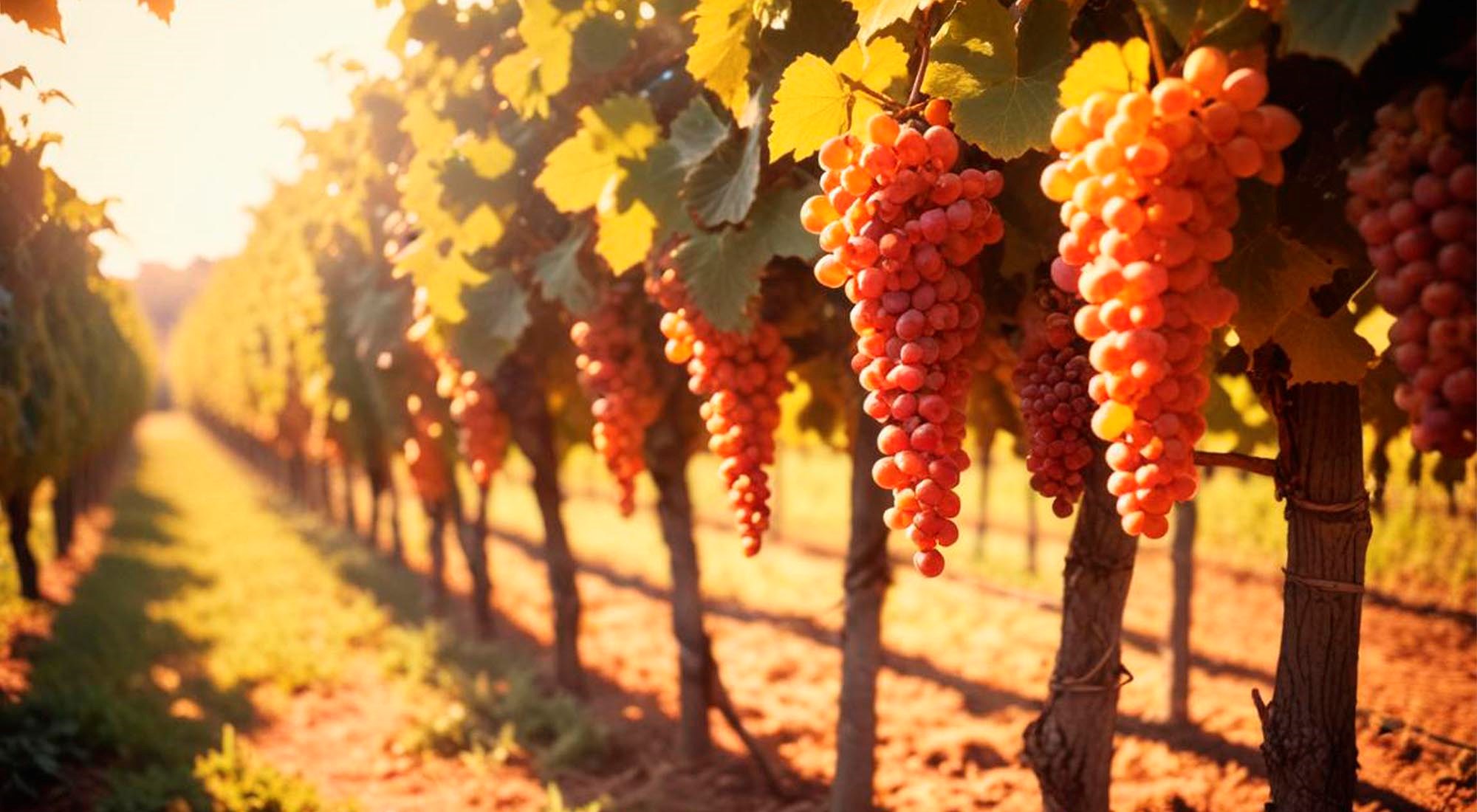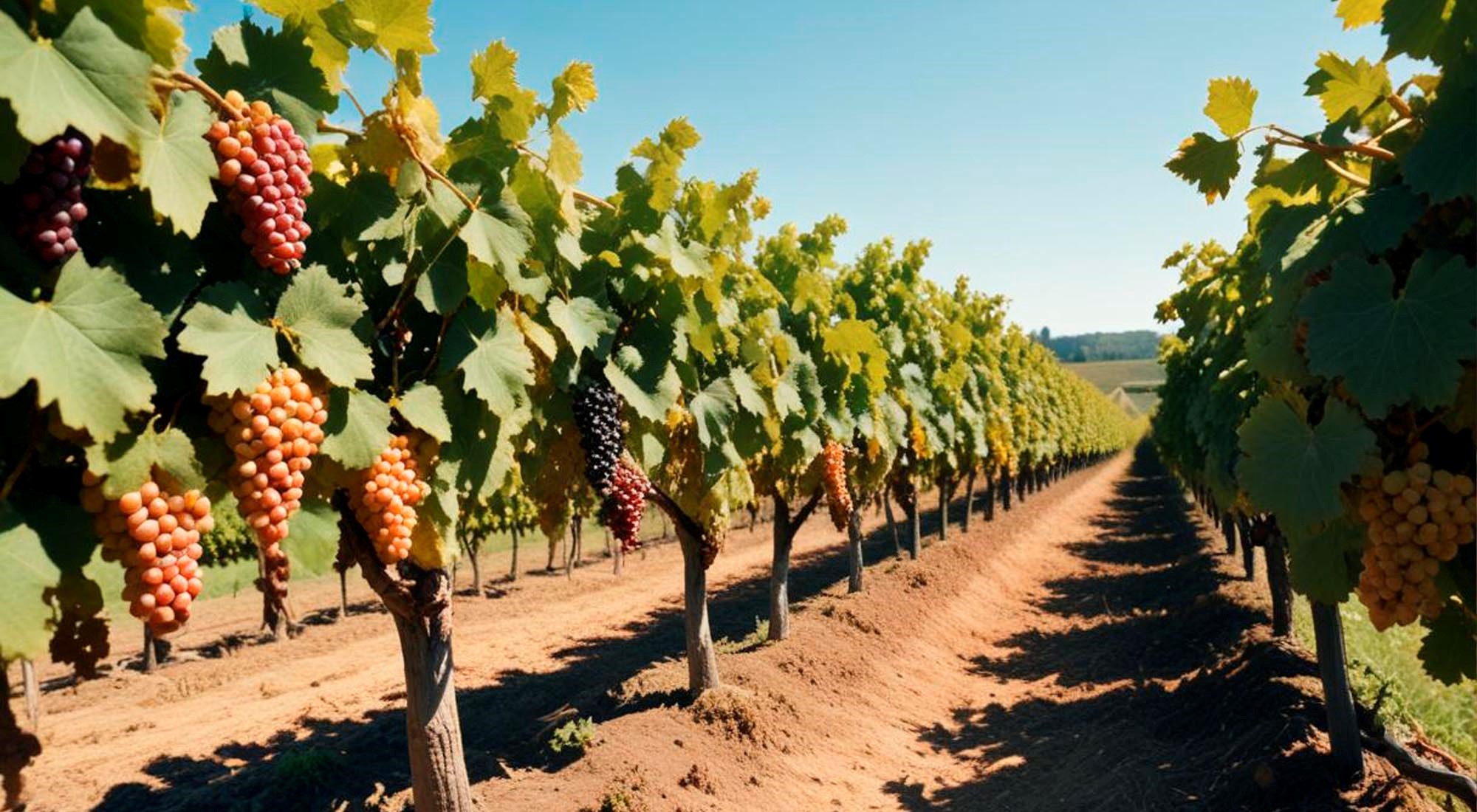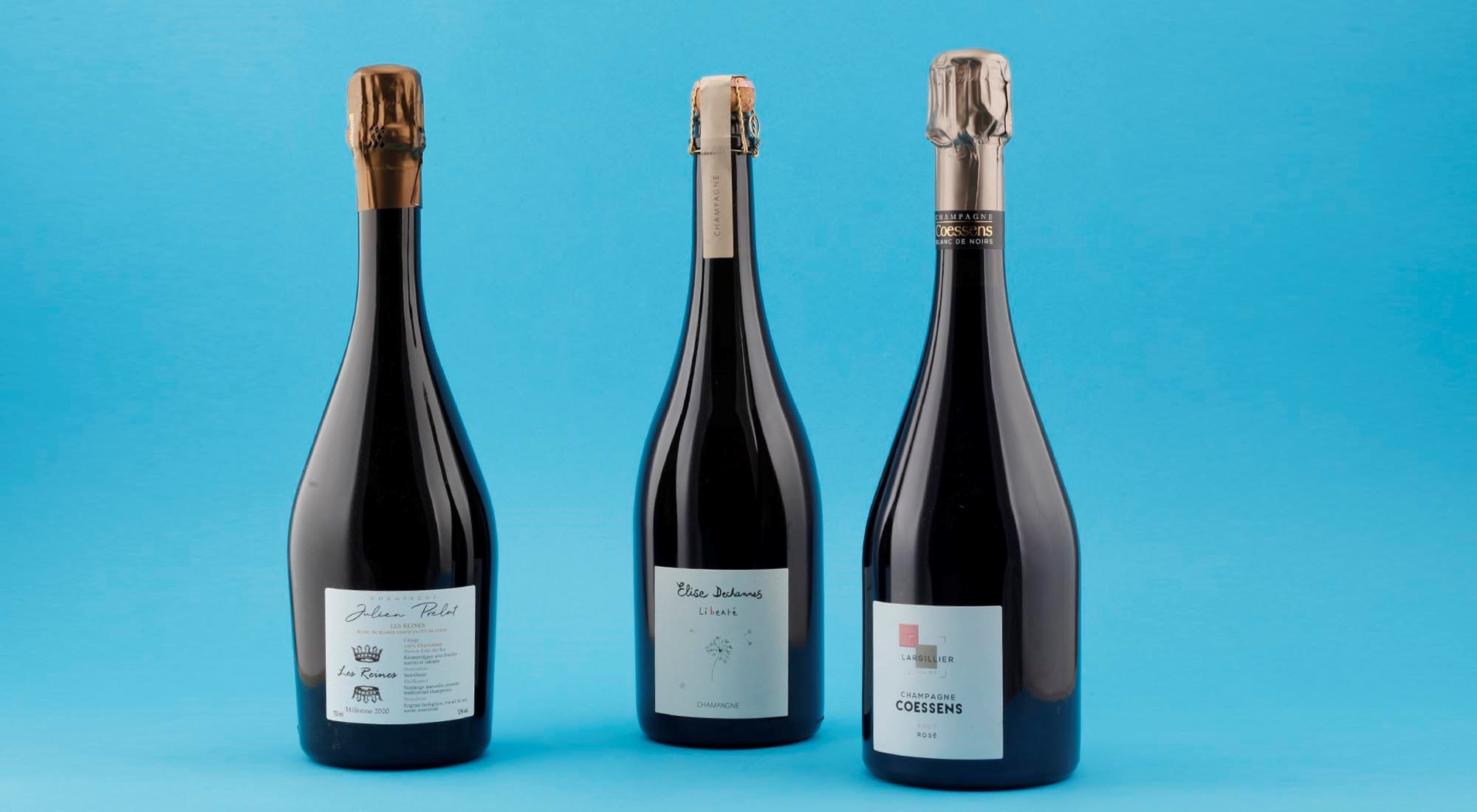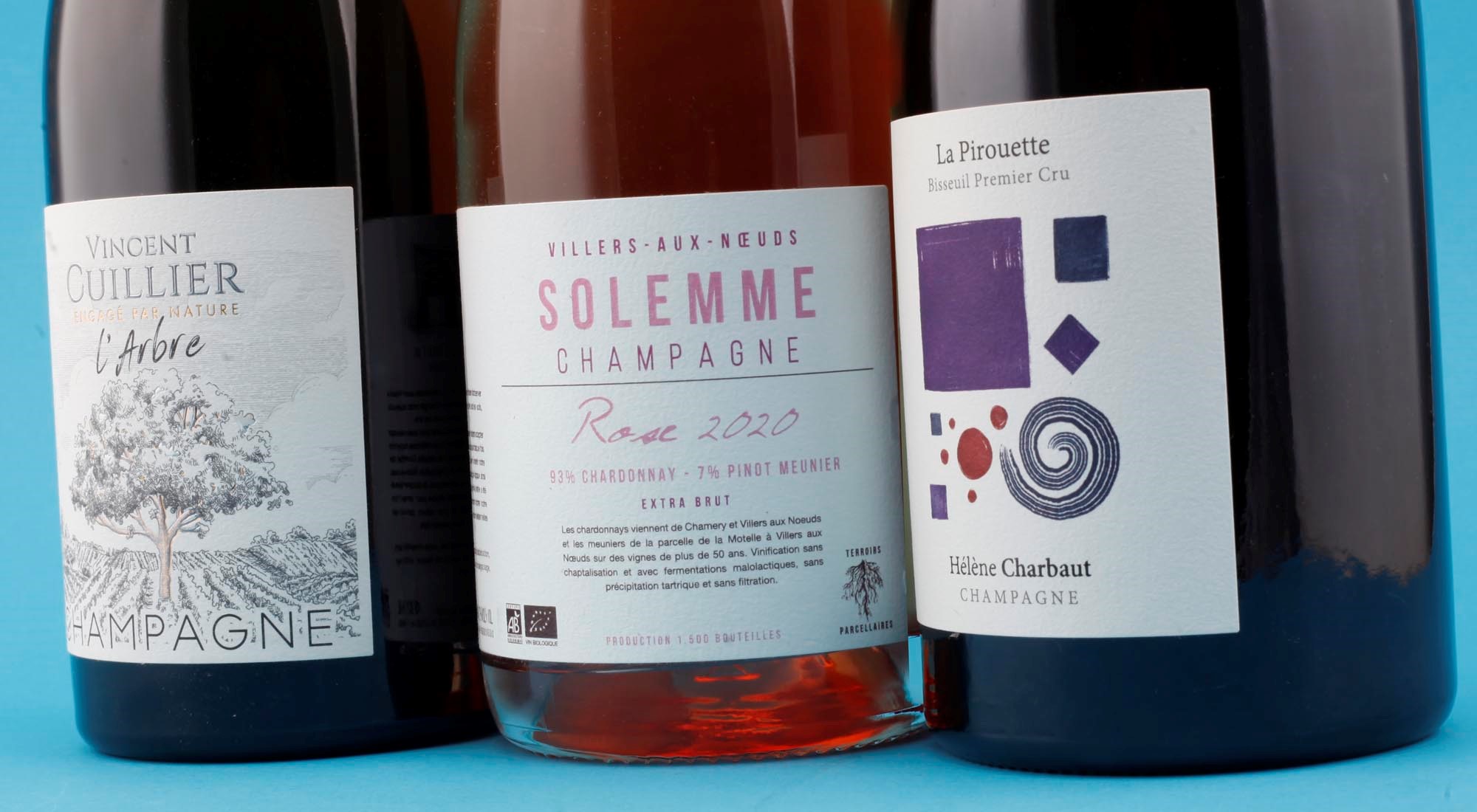Actuality Featured item Highlights
The harvest season is always a time of great excitement in Champagne.
The 2024 harvest promises to be one of the smallest in the last decade, with an authorized yield of 10,000 kg/ha, compared to 11,400 kg/ha of the previous year. This decision, communicated by the Comité Champagne (1), reflects the desire to contain production in response to a particularly difficult market context.

In the first half of 2024, Champagne shipments reached 106.7 million bottles, a decrease of 15.2% compared to the same period in 2023, which had been a record semester (excluding 2022). This decrease brings shipments to levels similar to those of 2019.
David Chatillon, president of the Union des Maisons de Champagne (UMC) and co-president of the Comité Champagne, attributes the drop in sales mainly to overstock, or excess inventory accumulated by distributors in 2021 and 2022.
Currently, the global geopolitical and economic context, combined with generalized inflation, is slowing down the renewal of stocks and negatively impacting sales. For 2024, sales are expected to be around 280 million bottles, down from the 299 million sold in 2023, which had already recorded a decrease of 8.2% compared to 2022.

The decision to limit the agronomic yield to 10,000 kg/ha is therefore a measure designed to better manage existing stocks and sales forecasts. Maxime Toubart, president of the Syndicat Général des Vignerons (SGV), expressed satisfaction with this choice, underlining that the reduction in yield represents a strategy to ensure a more sustainable future for the region, while contributing to a more balanced management of annual sales forecasts (2).
The prospect of a less than favorable 2024 harvest, especially in some areas of the region, has also prompted a review of the authorized yield.
Since the beginning of the year, the Champagne vineyard has suffered serious damage due to heavy rainfall and lack of sun, which have favored significant downy mildew phenomena, although successfully managed by the winemakers. In addition, spring frosts and hail have reduced the harvest potential by about 10%, and the vine shows a delay in development of 5-6 days compared to the ten-year average. 2024 stands out as an exceptionally rainy year, particularly complicating work in the vineyard. The start of the 2024 harvest is scheduled for around September 10-12, the weather conditions in the days preceding the harvest will be decisive for its success.
While we wait to discover what the 2024 harvest will be like, we would like to suggest some of the Champagnes from the latest vintage available on the market, the 2020 Millésime; an exceptional vintage that followed the success of 2019. 2020 was a particularly hot year, with the earliest harvest in the history of the region, which began on August 17. The vegetative cycle was regular until an acceleration in the last weeks, while the health of the grapes remained perfect, ensuring excellent maturity and acidity. 2020 thus completes the exceptional trilogy of the years 2018, 2019 and 2020.
 Julien Prélat, Champagne Brut Nature Les Reines 2020
Julien Prélat, Champagne Brut Nature Les Reines 2020
Blanc de Blancs obtained from Chardonnay grapes from a single vineyard located in the village of Celles-sur-Ource, in the Côtes des Bar. Harvest 2020, vinification takes place in fût de Chêne with aging on its yeasts for at least 36 months. No final dosage. The Champagne Les Reines 2020 is a gastronomic wine that stands out for its silky and creamy taste, with an excellent balance of ripe citrus and notes of lightly toasted wood.
Elise Dechannes, Champagne Brut Nature Liberté 2020
Blanc de Noirs 100% Pinot Noir grapes from vineyards grown in a single property parcel in Les Riceys, in the Côtes des Bar. Product of a single harvest, vinification with indigenous yeasts and minimal use of sulphites for this Champagne that ages in fût de chêne. No added dosage. The Champagne Liberté 2020 is a powerful wine with a strong character: on the nose it opens with notes of ripe fruit, while the palate is fresh, with a long and pleasant saline finish.
Coessens, Champagne Brut Nature Largillier Rosé 2020
Rosé obtained from Pinot Noir grapes using the bloodletting method (Rosé de Saignée). The Champagne Largillier Rosé 2020 stands out for its perfect balance, its elegance and a vinous finish.

Hélène Charbaut, Champagne Extra Brut La Pirouette 2020
Pure Pinot Noir, obtained from grapes from the "Haut de la Pirouette" parcel, dating back to 1960, in the village of Bisseuil, Premier Cru of the Vallée de la Marne. Vintage 2020, Champagne La Pirouette 2020 ages in fût de chêne (15%) and in stainless steel cuve (85%) for at least 9 months, followed by an aging on its yeasts for at least 36 months before disgorgement. A Blanc de Noirs with excellent aging potential.
Solemme, Champagne Rosé Extra Brut Rose 2020
Rosé d'assemblage composed of 93% Chardonnay and 7% Meunier grapes, harvested during the 2020 harvest from vineyards located in parcels in the Petite Montagne de Reims area. Dosage within the limits of Extra Brut for this delicate and intriguing Champagne Rosé.
Vincent Cuillier, Champagne Brut Nature L'Arbre 2020
100% Meunier grapes from vines grown on property parcel in Pouillon, in the Montagne de Reims. Millésime 2020, the Champagne L'Arbre 2020 is vinified and aged in steel with natural yeasts, without clarification or filtration processes and no added dosage.
Don't miss the chance to discover all the other Champagnes in our online shop GLUGULP! Click HERE
